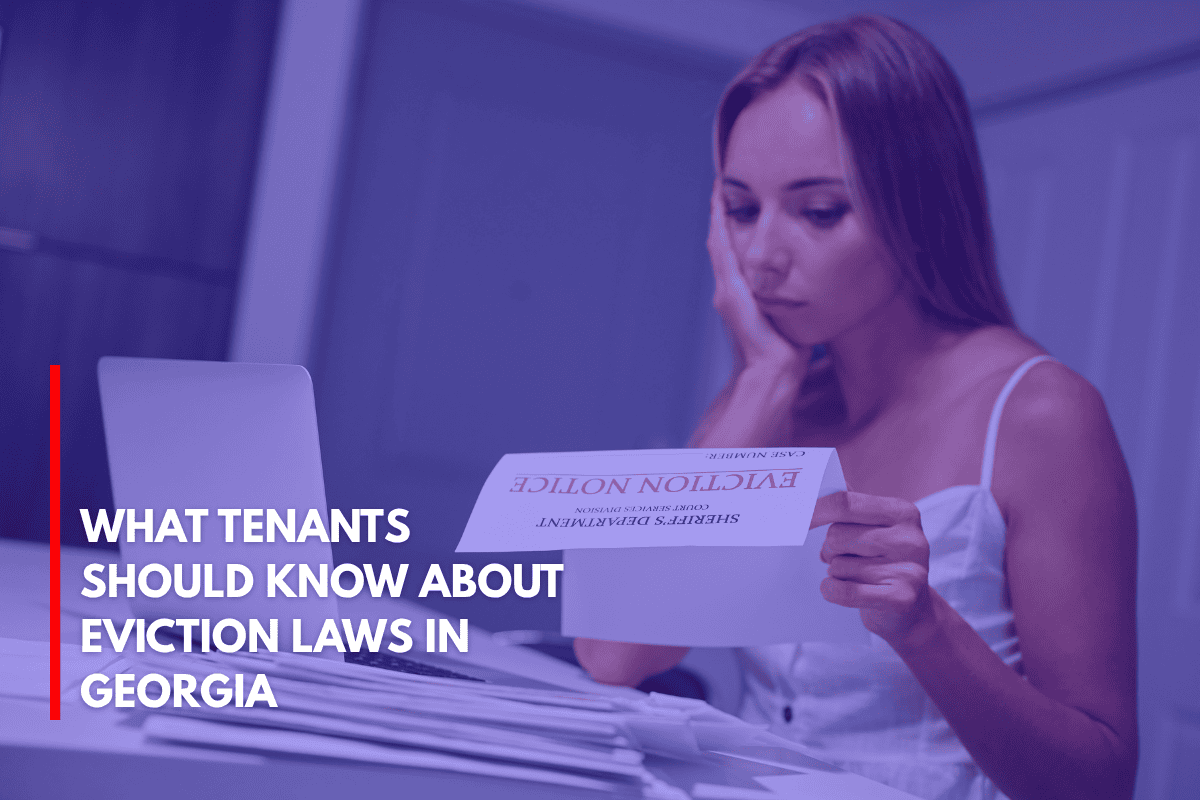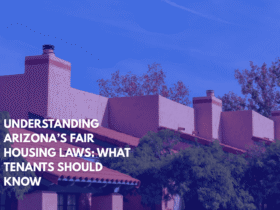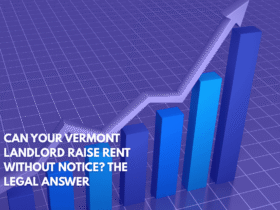Georgia’s eviction laws are designed to balance the rights and responsibilities of both landlords and tenants. As a tenant, understanding these laws is crucial for protecting your rights and knowing what to expect if you face eviction. Here’s what you should know:
Reasons for Eviction in Georgia
Tenants can be evicted for several legal reasons, including:
Nonpayment of rent: If you fail to pay rent on time, your landlord must provide a written notice (typically a “3-Day Notice to Quit”) giving you three business days to pay the overdue rent or vacate the property.
Lease violations: Violations such as unauthorized pets, property damage, or excessive noise require the landlord to give you a “3-Day Notice to Comply or Vacate,” allowing you to fix the issue or leave.
Illegal activity: If you use the rental for unlawful activities, the landlord can demand immediate possession and file for eviction without a cure period.
Lease non-renewal: For month-to-month leases, landlords must provide a 60-day notice if they choose not to renew your lease.
Eviction Process and Timeline
1. Notice: The landlord must provide written notice before filing for eviction. The type and length of notice depend on the reason for eviction.
Nonpayment of rent: 3-day notice to pay or quit.
Lease violation: 3-day notice to comply or quit (unless the violation is illegal activity).
Non-renewal: 60-day notice for month-to-month leases.
2. Court filing: If you do not comply with the notice, the landlord files an eviction lawsuit (called a “dispossessory proceeding”) in magistrate court.
3. Summons: You will receive a summons and have a set period (usually 7–10 business days, depending on recent law changes) to respond.
4. Court hearing: If you contest the eviction, a hearing is scheduled where both sides can present evidence. The judge or jury will make a ruling.
5. Judgment: If the court rules in favor of the landlord, a writ of possession is issued. You typically have 7 days to vacate before the sheriff can enforce the eviction.
Tenant Protections and Defenses
Right to respond: You have the right to answer the eviction complaint and present your case in court.
Defenses: You can argue that rent was paid, the lease was not violated, or that the eviction is retaliatory or discriminatory.
Habitability: Under recent law (HB404, “Safe at Home Act”), landlords must provide a habitable living environment free from health and safety risks.
Security deposit: Landlords can now apply your security deposit to unpaid rent before eviction, but must notify you in writing.
Extended notice for vulnerable tenants: Elderly or disabled tenants facing hardship may receive an extended notice period before eviction proceedings begin.
What Landlords Cannot Do
Self-help evictions: Landlords cannot change locks, shut off utilities, or remove your belongings without a court order.
Retaliation: Evicting you in retaliation for exercising your legal rights (like requesting repairs) is illegal.
Summary Table
| Step/Issue | Tenant Rights/Requirements |
|---|---|
| Nonpayment of rent | 3-day notice to pay or quit |
| Lease violation | 3-day notice to comply or quit |
| Illegal activity | Immediate notice to quit |
| Non-renewal | 60-day notice for month-to-month leases |
| Court response | 7–10 business days to answer summons |
| Court hearing | Right to present evidence |
| Writ of possession | 7 days to vacate after court order |
| Habitability | Landlord must provide safe, habitable home |
| Security deposit | Applied to unpaid rent with notice |
| Self-help eviction | Illegal |
Key Takeaways
Always pay rent on time and follow your lease terms to avoid eviction.
If you receive an eviction notice, respond promptly and seek legal advice if needed.
You have the right to defend yourself in court and challenge the eviction if you have valid grounds.
Landlords must follow the legal process and cannot force you out without a court order.
New laws in 2024–2025 provide additional protections, especially for vulnerable tenants.
For specific situations or legal advice, consult a tenant rights organization or attorney.
Sources:
- https://www.doorloop.com/laws/georgia-eviction-process
- https://www.nolo.com/legal-encyclopedia/the-eviction-process-georgia-rules-landlords-property-managers.html
- https://innago.com/georgia-eviction-process/
- https://www.hemlane.com/resources/georgia-eviction-laws/











Leave a Reply